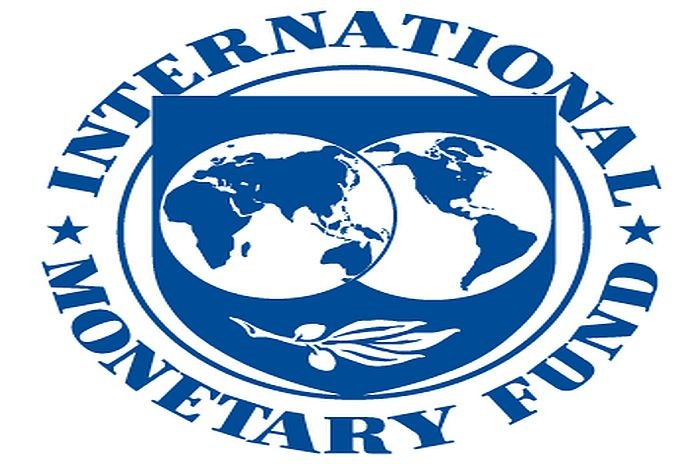- We express our deepest condolences to the people of Brazil for the tragic loss of life and widespread damage caused by flooding in Rio Grande do Sul.
- Over the past two years, Brazil’s economy has shown remarkable resilience as inflation has declined to within the target interval. IMF staff expects growth to moderate in the near term before strengthening to 2.5 percent over the medium term – an upward revision from 2.0 percent at the time of the 2023 Article IV Consultation.
- The careful pace of monetary easing has been appropriate and consistent with the inflation targeting framework. As disinflation proceeds, with inflation projected to remain within the target interval, maintaining flexibility on the pace and length of the easing cycle is prudent given a tight labor market and above-target inflation expectations.
- We welcome the authorities’ commitment to continue improving Brazil’s fiscal position. Eliminating inefficient tax expenditures, broadening the tax base, and tackling spending rigidities would open space for policy priorities and responding to shocks while supporting public debt sustainability.
- The authorities have advanced their ambitious sustainable and inclusive growth agenda. Implementation of the landmark VAT reform is expected to strengthen productivity, create formal jobs, and improve equity.
WASHINGTON, USA – An International Monetary Fund (IMF) team, led by Ana Corbacho and Daniel Leigh, conducted discussions for the 2024 Article IV Consultation with the Brazilian authorities and consulted with other stakeholders during May 15-27, 2024.
At the conclusion of the visit, Corbacho and Leigh issued the following statement:
“Brazil’s economy has been remarkably resilient as inflation has come down over the past two years. Growth is projected to moderate to 2.1 percent in 2024 and 2.4 percent in 2025, from 2.9 percent in 2023. Inflation is expected to reach 3.7 percent by end-2024 and converge to the 3 percent target in the first half of 2026. The current account deficit narrowed in 2023 on the back of a strong trade surplus and was financed by robust FDI.
“Over the medium term, growth is expected to strengthen to 2.5 percent – an upward revision of 0.5 percentage point compared with estimates in the 2023 Article IV Staff Report. This reflects the implementation of the efficiency-enhancing VAT reform and an acceleration in hydrocarbon production. Investment in green growth opportunities could further boost economic potential.
“The balance of risks to the growth outlook has improved since the 2023 Article IV Consultation. However, estimates of the adverse macroeconomic and fiscal effects of the flood calamity in Rio Grande do Sul are still uncertain. A sound financial system, adequate FX reserves, low reliance on FX debt, large government cash buffers, and a flexible exchange rate continue to support Brazil’s resilience.
“The careful pace of monetary easing since August 2023 has been appropriate and consistent with the inflation targeting framework. Looking ahead, given strong labor market conditions and inflation expectations above the 3 percent target, maintaining flexibility on the easing cycle is prudent.
“Banks are highly liquid and adequately capitalized, the financial system remains resilient, and systemic risks are contained. Steps to address households’ debt burden and reduce credit costs are welcome. Lending by public banks to specific sectors could be warranted in the presence of well-established market failures, subject to minimizing distortions to the private credit market.
“The Central Bank of Brazil’s (BCB) financial innovation agenda has promoted financial inclusion, efficiency, and competition. The adoption of the instant payment system Pix continues to expand, making Brazil a global leader in transactions per capita. The BCB is also at the frontier of central bank digital currencies with its flagship initiative Drex, while privacy and security challenges are being addressed.
“The authorities’ continued commitment to improve Brazil’s fiscal position is welcome. To put public debt on a firmly downward path and open space for priority investments, IMF staff recommends a sustained and more ambitious fiscal effort, supported by both revenue and spending measures and an enhanced fiscal framework in line with recommendations at the time of the 2023 Article IV Consultation. Implementation of the landmark VAT reform is expected to significantly raise productivity, support formal job creation, and improve equity of the tax system.
The authorities have advanced their ambitious sustainable and inclusive growth agenda. Implementation of the Ecological Transformation Plan is accelerating, with a government commitment to halt illegal deforestation by 2030; important progress on establishing Brazil’s Sustainable Taxonomy; a new carbon market framework; and the issuance of the first Global ESG sustainable government bond. Given sizable climate financing gaps, we welcome progress in designing instruments to attract longer-term green financing.
“The team would like to thank the authorities and private sector representatives for their support, hospitality, and constructive dialogue.”
IMF Communications Department





